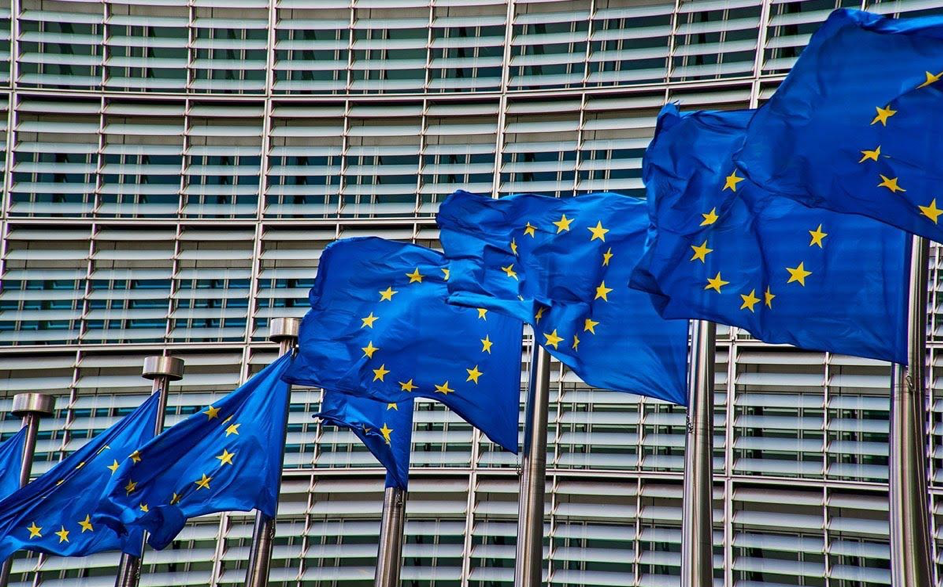The EU Commission strengthens the rules against fake news and online disinformation, proposing new commitments for Facebook, Google, Twitter and all other digital platforms.
In May 26th, the Internal Market Commissioner, Thierry Breton, while presenting the update of the ‘Code of Best Practices on Disinformation’ signed in 2018 by Google, Facebook, Twitter, Microsoft and recently also by TikTok, underlined how “Disinformation cannot remain a source of revenue”. Moreover, he stressed the urgency of making “stricter commitments by online platforms, the entire advertising ecosystem and the network of fact-checkers”.
Brussels asks platforms to “take their responsibilities” and collaborate more effectively “to take funds away from disinformation.” The idea is for them to exchange information about rejected ads so that perpetrators can be blocked on all virtual broadcast channels. In addition, Brussels calls for further measures in order to reduce the effects of information manipulation to be made public.
Concerns about the impact of disinformation have intensified during the COVID-19 pandemic and after claims about election fraud in the United States, with some critics pointing to the role of social media and tech giants in spreading it.
Vera Jourova, Commission Vice President for Values and Transparency, said that the issue was urgent because of the fast-evolving threats posed by disinformation.
“We need online platforms and other players to address the systemic risks of their services and algorithmic amplification, stop policing themselves alone and stop allowing to make money on disinformation, while fully preserving the freedom of speech,” she said.

